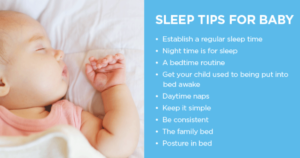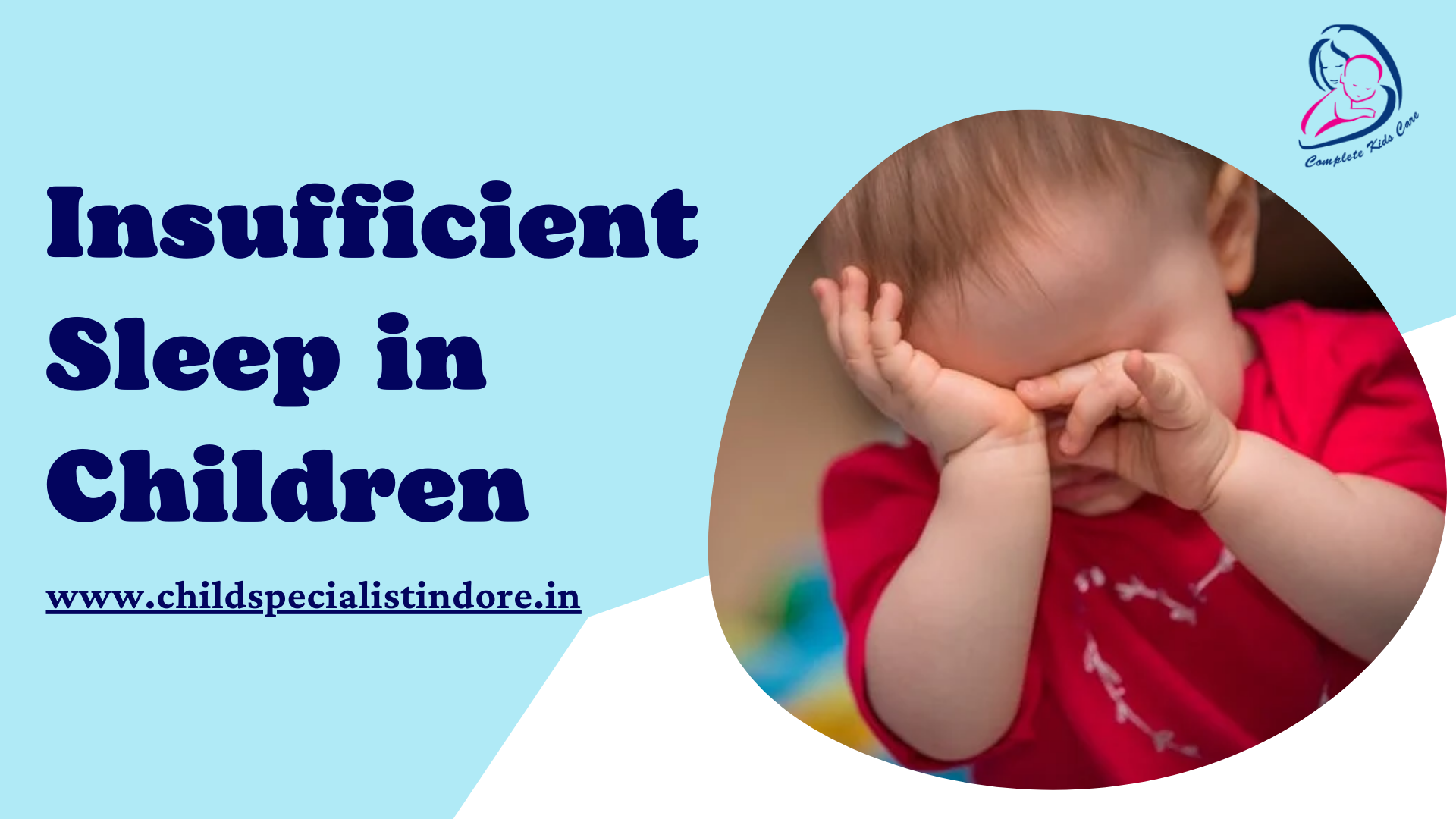Ensure that your child can sleep in a quiet, dark bedroom that isn’t too bright. The blue light emitted by phones, computers, television, and tablet screens suppresses melatonin levels and delays sleepiness as per the best Kids Specialist. Bright light in the hour before sleep can have the same detrimental effects on young children.
Not getting enough sleep at night can lead to a number of issues, including slowed brain growth, difficulty in learning, and a propensity for unpleasant moods. Additionally, it can contribute to concerns with growth, poor weight management, and a rise in the frequency of diseases. Sleep deprivation may also be used to describe insufficient sleep.
As per the best Kids Specialist, Adequate sleep means in order to sustain energy levels throughout the day and feeling refreshed when you get up in the morning. Similar to adults, children have a range of sleep requirements.
With age, sleep demands shift. Kids typically require the following amounts of sleep every 24-hour period:
- 4 to 12-month-old infants: 12 to 16 hours (including naps)
- Children under two years old: 11 to 14 hours (including naps)
- 3 to 5-year-olds at preschool: 10 to 13 hours (including naps)
- 6 to 12-year-olds in school: 9 to 12 hours
- Teenagers (ages 13 to 18): 8 to 10 hours

Signs and Symptoms of Insufficient Sleep – Best Kids Specialist
- Issues with concentration
- Impulsivity and overactivity (especially in younger children)
- Low vigor
- Poor control of mood (often upset and “moody”)
- Lower social skills
- Taking naps after reaching the peak sleeping age, usually around age 5.
- Morning struggles to get out of bed.
- Fatigue.
- Having difficulty getting asleep or staying asleep.
How lack of Sleep Harms the Child Health
Over the course of the first two years of life, the normal child sleeps for 13 months. A baby’s brain develops as a result of all this sleep. Even though children’s sleep needs decrease as they get older as per the best Kids Specialist. Preschoolers need 10 to 12 hours each night, and school-aged children need at least 9—the value of sleep does not.
Effects of Sleep
Sleep aids in problem-solving, fast thinking, memory formation, and learning. Lack of sleep has an impact on how well youngsters perform in school. Insufficient sleep affects a child’s physical health as well. Hormones that promote muscle growth, cell and tissue repair, and growth are released by the body while you sleep.
According to the best Kids Specialist, insufficient sleep throughout children may be related to later issues, like declines in mental performance that start as early as puberty. Inadequate sleep is directly linked with serious health issues like obesity.

Tips for a healthy sleep
The best Kids Specialist suggests the necessary tips for a child’s healthy sleep as follows: –
Schedule a Bed Time: – A regular bedtime routine that begins at roughly the same time every night to promote good sleep. Younger children can feel more prepared for sleep with the aid of a bath, story, and bedtime routine. For older kids, the routine can involve a brief conversation about their day followed by some alone time to relax before lights down.
Relax before bed: – Encourage your kid to relax before going to sleep. Older kids might prefer to relax by reading a book, listening to calming music, or practising relaxation breathing. If it takes your child longer than 30 minutes to fall asleep, he or she may require more time to relax before you put the lights off so they can sleep.
Maintain regular sleep and wake times: – Each day, try to keep your child’s bedtime and wake-up time within 1-2 hours of one another.
At bedtime, make sure your child feels safe: – You can encourage your child whenever they show bravery if they are afraid of the dark or going to bed. Avoiding scary movies, TV shows, and video games can also be beneficial. When they use a night light, some kids who experience nighttime anxiety feel better.
Check noise and light in your child’s bedroom: – Make sure your child’s bedroom isn’t too noisy or bright for them to get any rest. Sleepiness is delayed by the blue light emitted by phones, computers, televisions, and tablet screens. The hour before night, bright light can have the same negative impact on young children.





